It can be almost unimaginably difficult for adults to explain war to children — part of the difficulty being that most adults (myself included) struggle to understand war sufficiently themselves. With The Breadwinner, director Nora Twomey’s and writer Anita Doyon’s animated adaptation of Deborah Ellis’ best-selling novel, parents will have one more tool in the box to help contextualize geopolitical conflict on a profoundly human scale. This story of a young girl struggling to survive in Afghanistan at the height of the Taliban theocracy provides poignant and moving insight into a world typically experienced by few in the West, and it represents an invaluable learning opportunity for young and old alike.
The story follows Parvana, an 11-year-old girl whose access to the world outside her home in Kabul is contingent on the presence of her father, a humble man with a love of stories who lost both his job as a teacher and a leg to the long-running Afghan conflict with the Russians. When her father is arrested by the Taliban for possessing illicit books, Parvana finds herself in the unenviable position of having to provide for her sister, brother and sick mother — but to do so, she has to find a way to leave the house alone without being arrested, or worse. So Parvana disguises herself as a boy so that she can retrieve food and water for her family, and finds work with a friend from school who has hit on the same idea herself. Obviously, things do not go smoothly.
Not to belabor the point, but this film covers a particularly tumultuous and violent time in Afghan history, the period immediately preceding the 9/11 attacks that would plunge the nation into nearly two decades of ongoing war. That it’s also aimed at children may seem like a stretch to some parents, but I can’t stress enough the significance of this movie as a valuable asset in starting extraordinarily important discussions with children, especially those that weren’t yet born when our nation’s longest war began.
But perhaps the most significant achievement of The Breadwinner is that it addresses the systemic victimization of women and repression of intellectualism perpetuated by the Taliban, the persistent violation of human rights that has characterized their heavy-handed regime, in a way that is approachable and accessible to even the very young. It also serves a secondary role as a document of the noble history of the Afghan people and a tertiary function as a reminder of the importance of storytelling and oral tradition as a coping mechanism — all in 90 minutes.
As an animated film, The Breadwinner is visually engaging and narratively cohesive. But its true accomplishment lies in its capacity to diminish the Otherness of a culture that can seem impossibly foreign to American sensibilities. It confronts harsh realities with a level of sensitivity that belies the inherent brutality of its subject. By doing so from the perspective of a child, it imparts to the audience some measure of the tenacity of its protagonist, rendering a portrait of resiliency that leaves just enough room for hope around the edges of tragedy. While the world may seem irreparably screwed up, there’s always a chance that the next generation will be strong enough to succeed where we have failed. Rated PG-13 for thematic material including some violent images.
Now Playing at Grail Moviehouse.



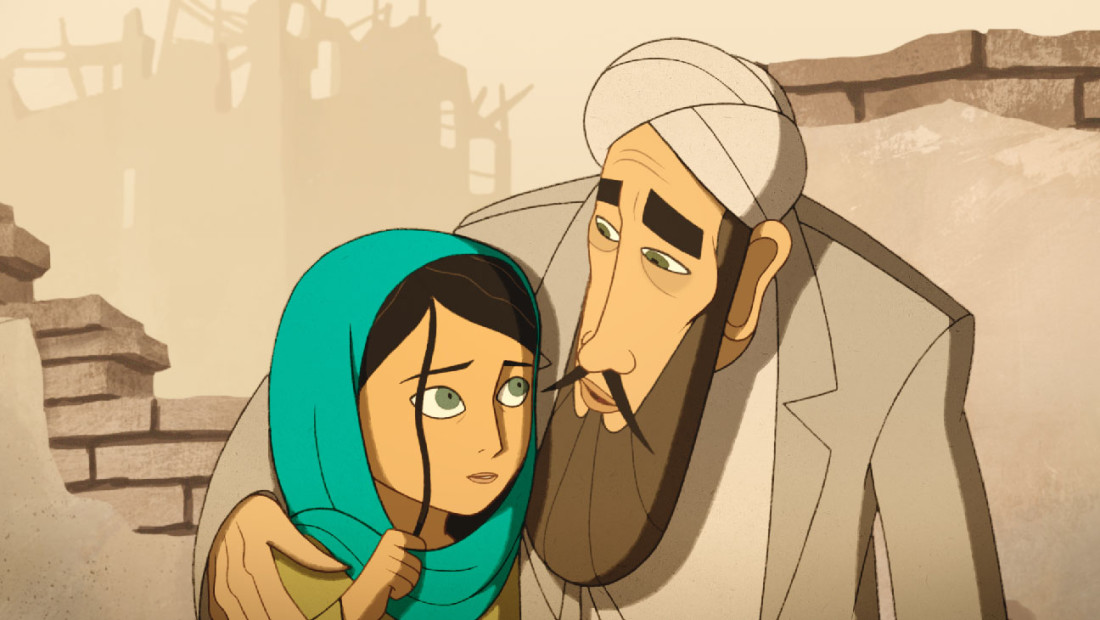
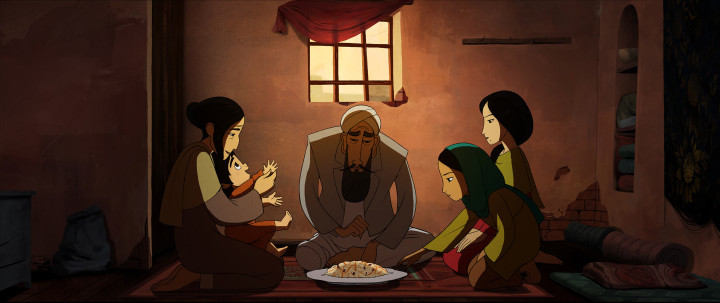
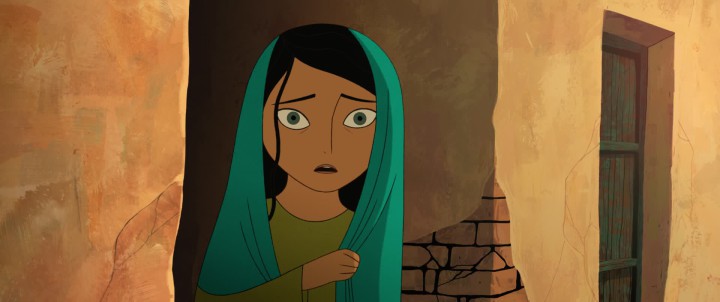
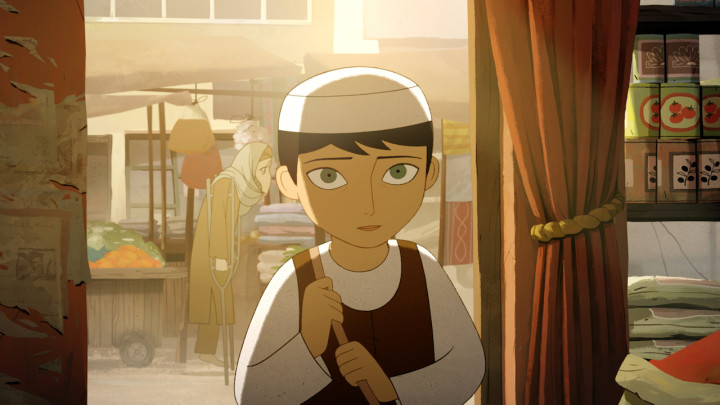
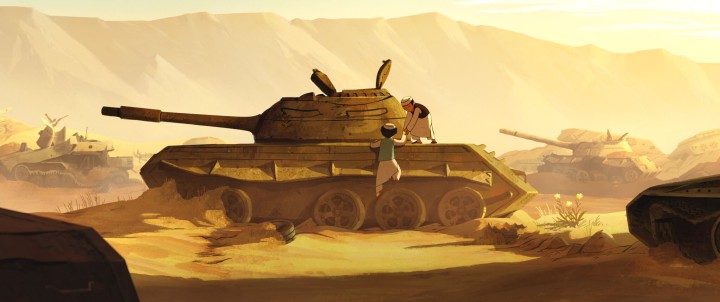

Before you comment
The comments section is here to provide a platform for civil dialogue on the issues we face together as a local community. Xpress is committed to offering this platform for all voices, but when the tone of the discussion gets nasty or strays off topic, we believe many people choose not to participate. Xpress editors are determined to moderate comments to ensure a constructive interchange is maintained. All comments judged not to be in keeping with the spirit of civil discourse will be removed and repeat violators will be banned. See here for our terms of service. Thank you for being part of this effort to promote respectful discussion.